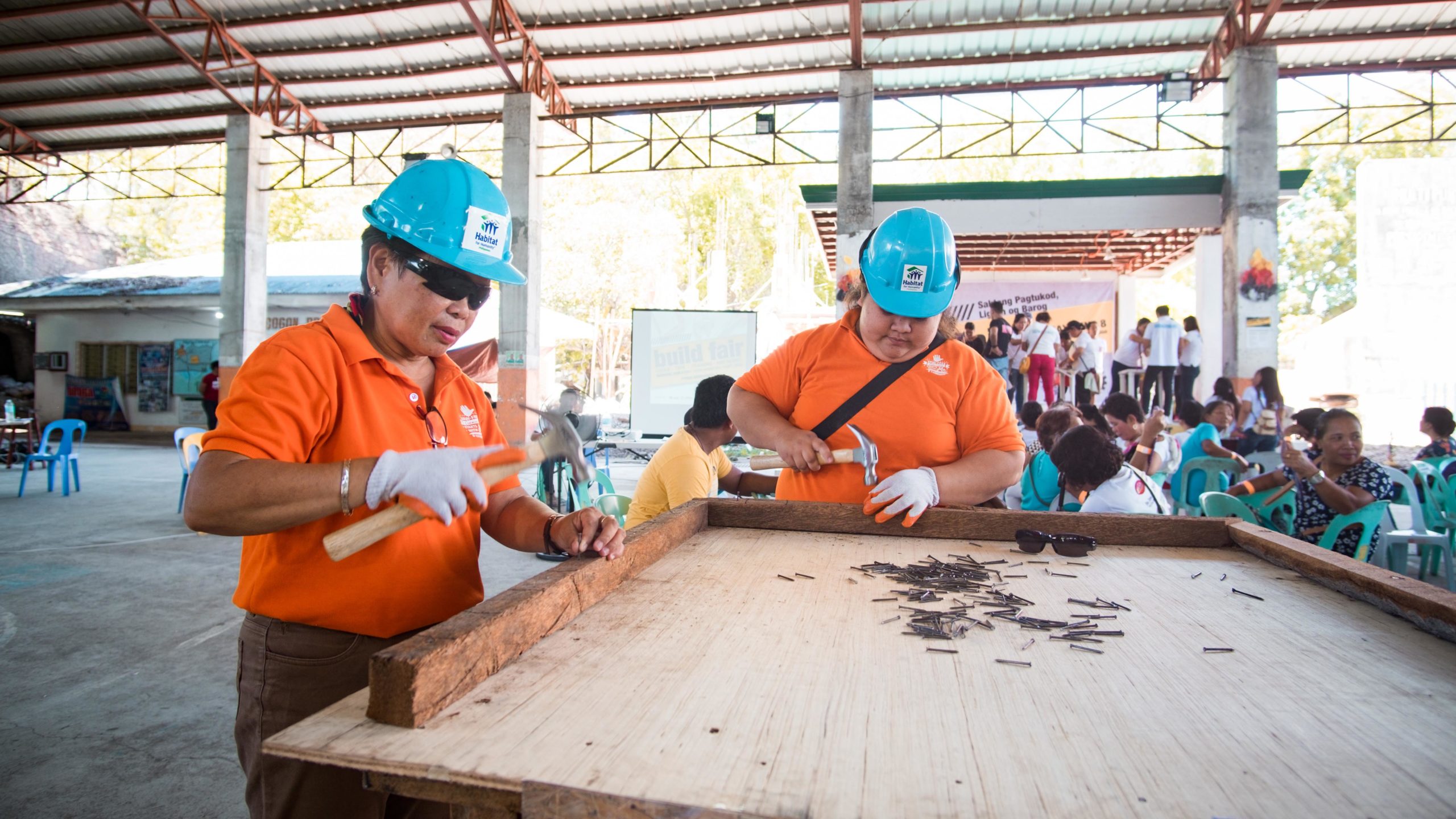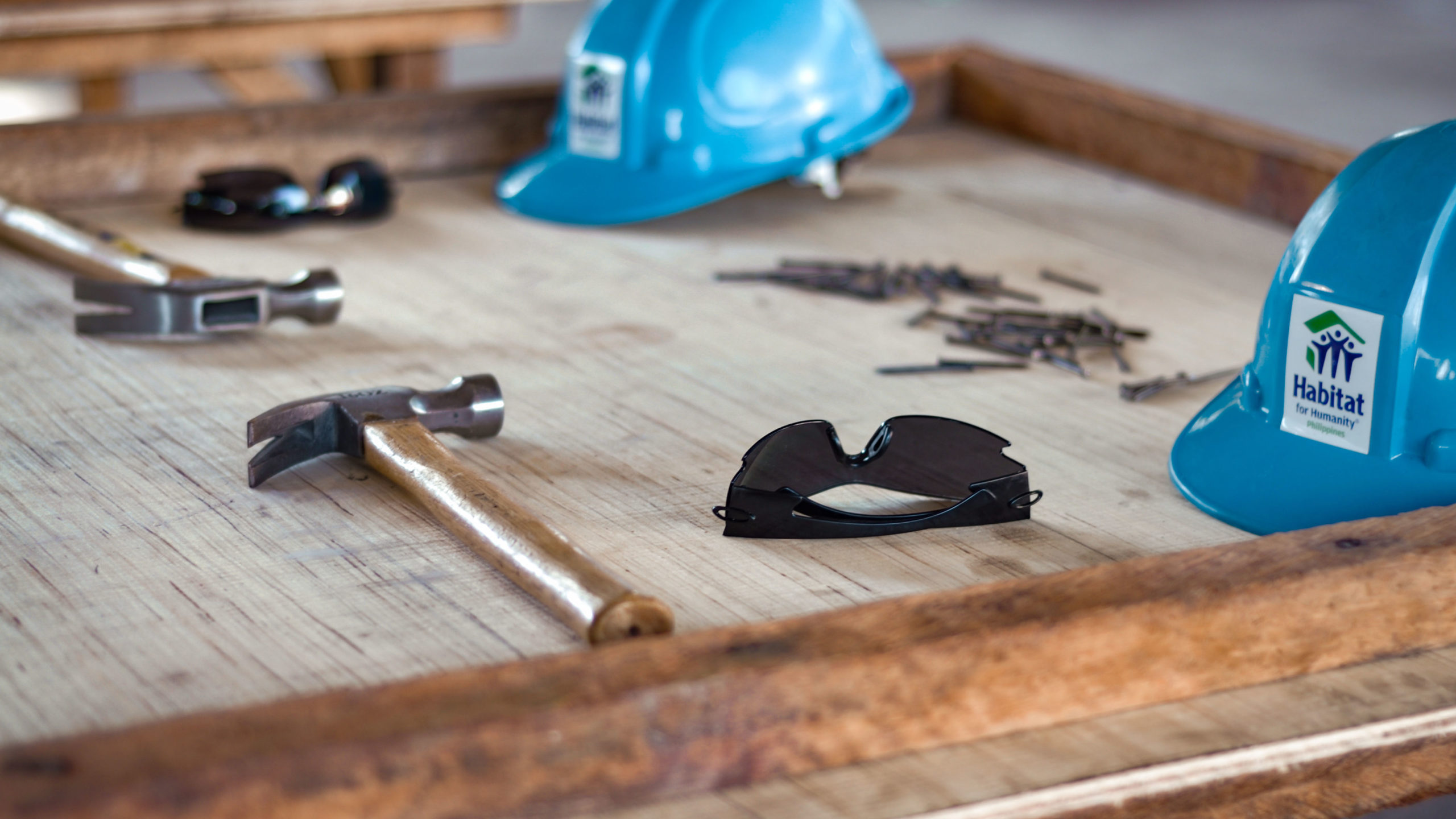PARTNERS:
Habitat for Humanity’s Terwilliger Center for Innovation in Shelter (TCIS)
LOCATION:
Philippines
PARTNERS:
Habitat for Humanity’s Terwilliger Center for Innovation in Shelter (TCIS)
LOCATION:
Philippines
The Philippines falls victim to an increasing number of typhoons, landslides, and earthquakes each year destroying the homes of vulnerable families. For a low-income family, building a home can take up to 30 years due to the need to build incrementally as funds become available. These small ad hoc improvements over time often miss key steps, such as building a proper foundation which is essential to building a disaster-resilient home. It is estimated that by 2022, the Philippines will have a housing deficit of 6.8 million. Now more than ever every peso invested into a home needs to ensure it is helping to make it disaster-resilient.
Because private sector actors are not aware of the potential size of this unseen market, low-income families are not equipped with the information, products and services that they need to build adequate and quality housing.
To address this challenge TCIS appointed 17 Triggers to help determine the behavioral drivers behind these poor construction practices, and to co-create a number of intervention strategies that would disrupt traditional processes, and help low-income families and local masons build for disaster-resilience.
Following insights research with homeowners and masons, the need to build in the right sequence was identified as the main focus for the interventions. 17 Triggers and TCIS co-created a number of possible solutions that were prototyped and tested with target audiences.

Local residents and event sponsors participate in one of the activities
The most promising solutions were then presented to key market actors such as media owners, MFIs, vocational training schools, and material suppliers. These solutions were then further developed with interested partners through co-creation sessions, and piloted.
In the end four solutions were developed tested:
Pilot results were positive and TCIS proceeded to further develop and integrate more build fair iterations into their market systems program, and 17 Triggers was further engaged to work with TCIS on their media strategy and roadmap, which was shared at a virtual roundtable with relevant market actors such as large media owners and technology organizations.

The event was attended by a total of 189 local residents of Bogo City, Wolfpack Creative Advertising Co.